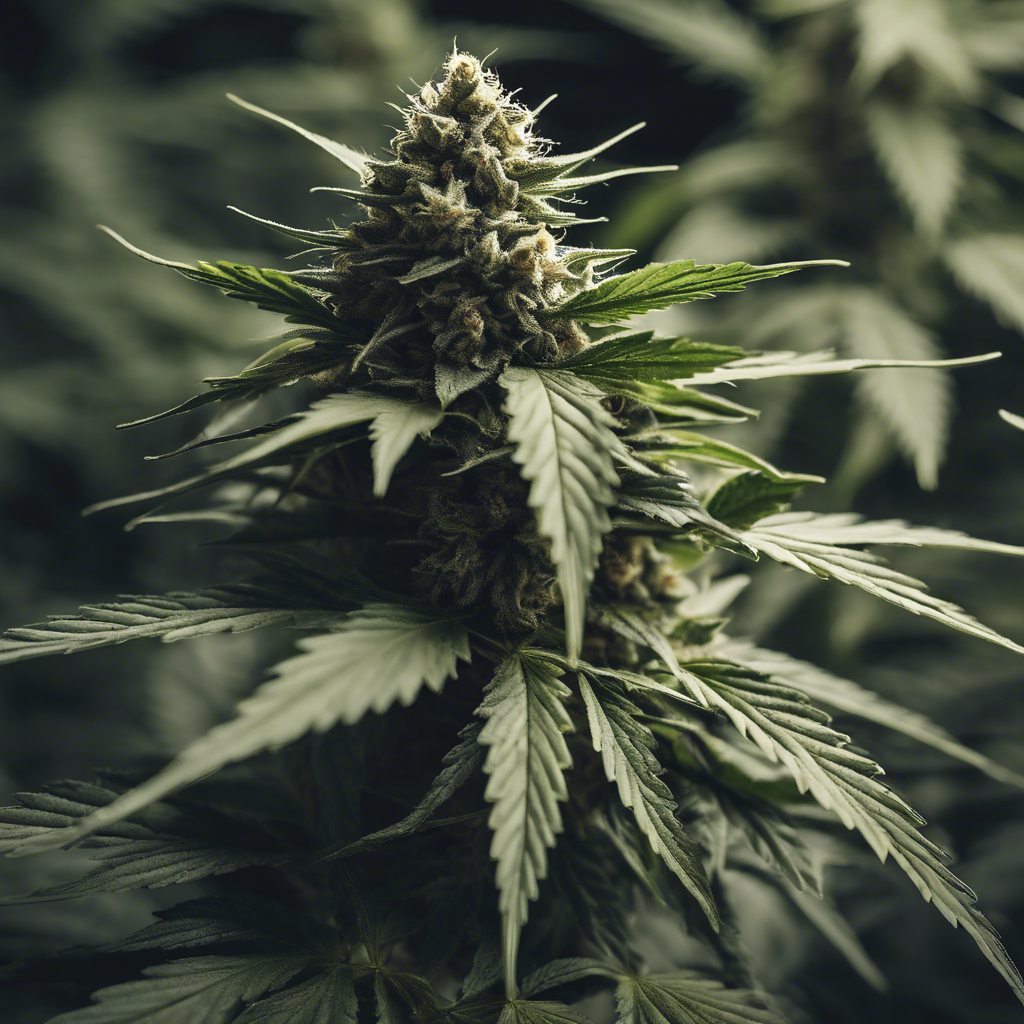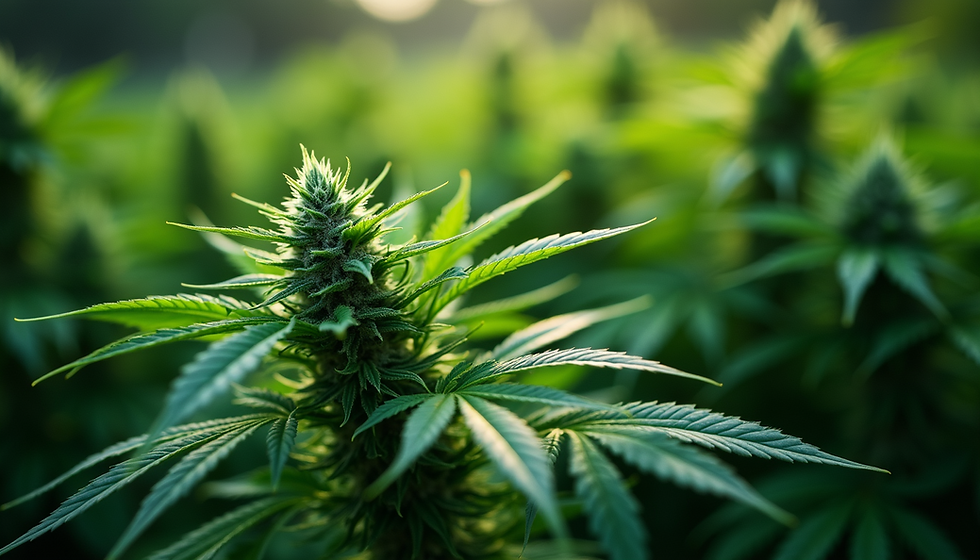The Evolution of Cannabis Legalization: A Global Perspective
- kroncannabistn
- Sep 10, 2024
- 3 min read
Since the early 20th century, the status of cannabis has fluctuated drastically worldwide. From being demonized as a dangerous drug to now gaining acceptance and legalization in various countries, the journey of cannabis legalization has been nothing short of remarkable. In this blog post, we delve into the history of cannabis legalization in the United States and explore how it compares to developments in other parts of the world.

The Early Stigma
Cannabis, also known as marijuana, was first criminalized in the United States with the Marihuana Tax Act of 1937. This legislation effectively banned the use and sale of cannabis, attributing it to societal ills and criminal activities. The ensuing decades saw cannabis being classified as a Schedule I controlled substance under the Controlled Substances Act of 1970, placing it in the same category as heroin and LSD.
In stark contrast, some countries in Europe and South America took a progressive approach to cannabis regulation. For instance, the Netherlands decriminalized cannabis consumption in the 1970s, leading to the establishment of the famous "coffee shops" where individuals could purchase and consume cannabis openly.
The Tide Turns: Changing Perceptions
The turn of the 21st century marked a significant shift in attitudes towards cannabis in the United States. States like California became pioneers in legalizing medical marijuana, recognizing its therapeutic benefits for various health conditions. This movement gained momentum, with more states gradually legalizing medical cannabis and, eventually, recreational use.
In contrast, countries like Canada took a bold step towards nationwide legalization. In 2018, Canada became the second country in the world, after Uruguay, to fully legalize cannabis for recreational purposes. This move signified a seismic shift in global drug policy and set a new precedent for other nations to reconsider their stance on cannabis.
The Patchwork of Legislation
As of 2021, cannabis laws in the United States remain a patchwork of regulations, with some states fully embracing legalization while others maintain stringent restrictions. The federal government's classification of cannabis as a Schedule I substance continues to present challenges for the industry, hindering access to banking services and impeding research efforts.
Meanwhile, countries like Portugal have decriminalized all drugs, including cannabis, focusing on harm reduction and treatment rather than punitive measures. This progressive approach has attracted international attention and sparked conversations about alternative drug policies.
A Global Perspective
The legalization of cannabis has sparked a global phenomenon, with an increasing number of countries exploring ways to regulate the cannabis market. In Europe, countries like Germany and Spain have legalized medical cannabis, recognizing its potential therapeutic value. In Asia, countries such as Thailand and South Korea have introduced medical cannabis programs, signaling a shift in traditional drug policies.
While the United States has made significant strides in cannabis legalization, there is still work to be done at the federal level to align with changing attitudes and societal norms. The global landscape of cannabis legalization continues to evolve, presenting both opportunities and challenges for policymakers and industry stakeholders.
Conclusion
The history of cannabis legalization in the United States offers a fascinating glimpse into the changing perceptions and evolving regulatory frameworks surrounding cannabis. As more countries around the world adopt progressive policies towards cannabis, the future holds promise for a more inclusive and evidence-based approach to drug regulation.

In conclusion, the journey of cannabis legalization is a dynamic one, shaped by historical context, shifting public opinion, and evolving scientific knowledge. By examining the global landscape of cannabis regulation, we gain valuable insights into the complex interplay between policy, culture, and public health. As we look towards the future, it is essential to approach cannabis legalization with a nuanced understanding of its potential benefits and challenges, paving the way for a more informed and progressive approach to drug policy worldwide.
Disclaimer- https://www.kroncannabis.com/disclaimer







Comments